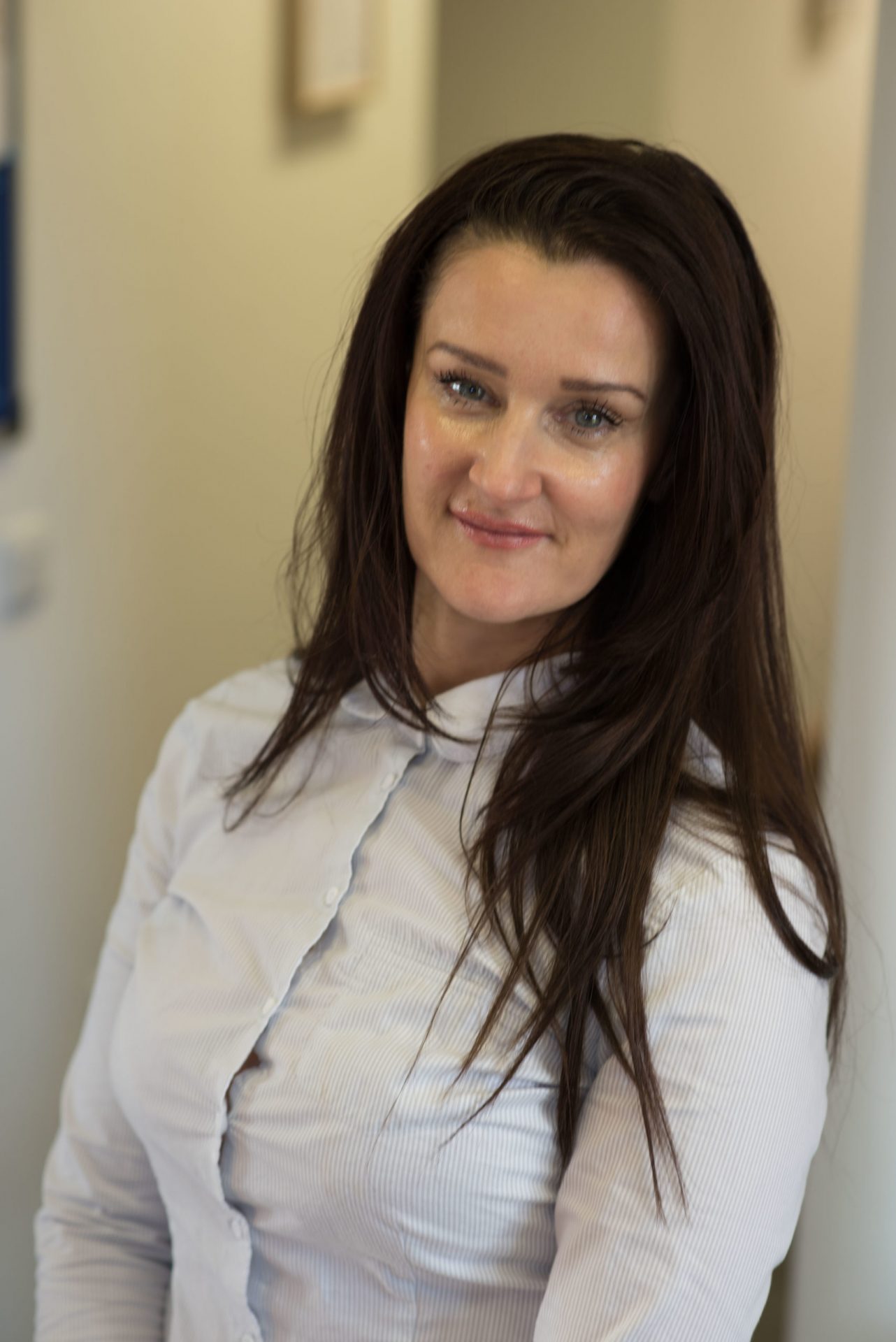Understanding Tendon Sheath Infections
Tendon sheath infections, also known as tenosynovitis, is a serious medical condition involving inflammation of the protective covering around a tendon. Tendon sheaths are particularly common in the fingers and hands but can occur in other parts of the body as well.
Causes
- Bacterial Infections. The most common cause is bacterial infection, often due to injuries or wounds that introduce bacteria into the tendon sheath. Staphylococcus aureus and Streptococcus species are typical pathogens.
- Fungal Infections. Less commonly, fungi can infect the tendon sheath, particularly in immunocompromised individuals.
- Viral Infections. Certain viral infections can also cause inflammation in the tendon sheaths.
Symptoms
- Pain. Typically, the pain is localized along the course of the tendon and can worsen with movement.
- Swelling. The affected area, often the finger or hand, will become swollen.
- Redness and Warmth. There may be redness and a feeling of warmth over the infected area.
- Limited Mobility. Movement of the affected tendon may be restricted due to pain and swelling.
- Fever. In severe cases, systemic symptoms like fever may be present.
Complications
- Chronic Tenosynovitis. Persistent inflammation can lead to chronic pain and functional impairment.
- Spread of Infection. If not treated promptly, the infection can spread to surrounding tissues or other parts of the body.
- Joint Damage. Long-term inflammation can potentially damage the joint structures.
Prevention
- Wound Care. Proper care of cuts and injuries, especially in areas around tendons, can help prevent infections.
- Hygiene. Good hand hygiene and sterilization of instruments used in activities that may injure tendons (e.g., in sports or medical procedures) can reduce the risk.
We are independent prescribers able to prescribe any medication from the BNF relevant to the lower limb, foot and ankle.
Are you suffering from any hand or foot condition? At The Chelsea Clinic, we can help. One of our podiatrist can assist and then recommend what treatments are best to get you back on track. Podiatrist South Kensington
Schedule an appointment here or you may call us at +44 (0) 207 101 4000.
We hope you have a feetastic day!
-The Chelsea Clinic and Team




